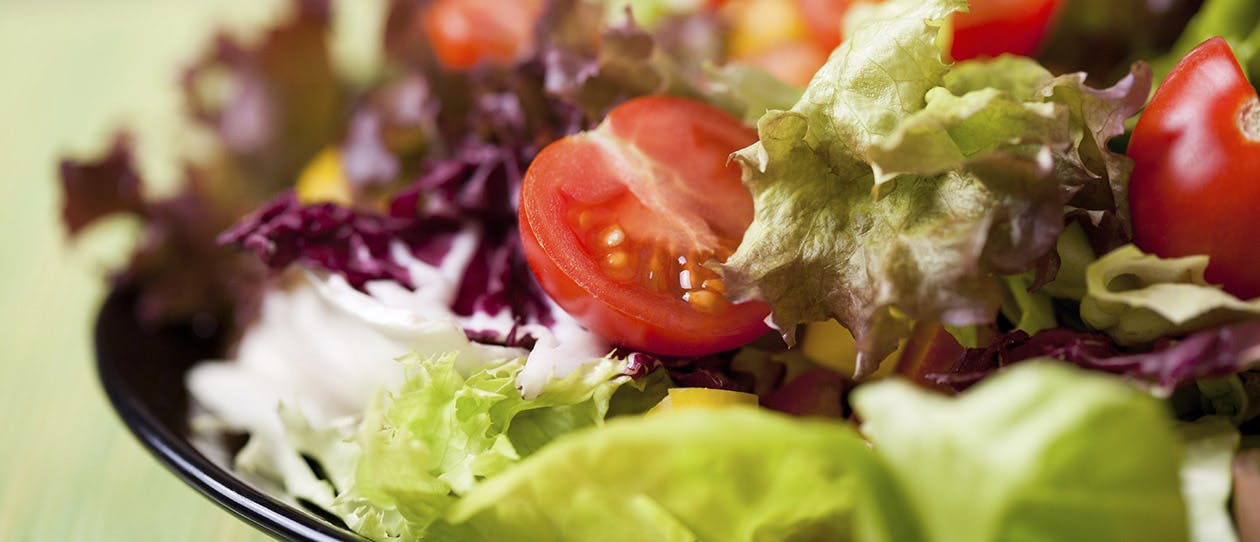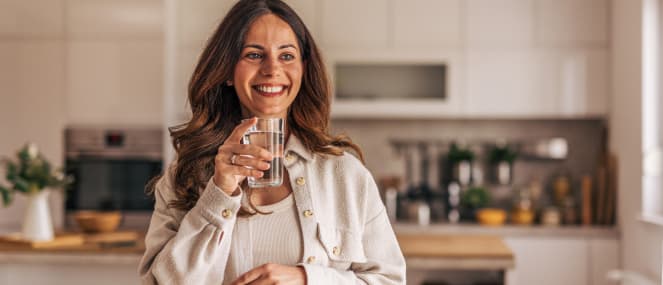Saying no to a steaming bowl of spaghetti bolognese is the easy part. For new-comers to the world of vegetarianism, it's making sure you've got all the nutritional bases covered that mounts the biggest challenge. "Many people commit the mistake of relying on too few foods," says naturopath and vegetarian Sarah Culverhouse. "They'll cut out meat and just eat more of the vegetarian food they used to – like eggs and dairy products."
As Culverhouse points out, vegetarian diets may reduce the risk of heart disease, stroke and certain cancers. But a poorly thought out eating plan can leave you short on essential vitamins, minerals and fatty acids, such as vitamin B12, iron and omega-3.
Who is at risk of having low levels of omega-3 fatty acids?
Generally people need to increase their intake of omega-3 fatty acids. Most Western diets are high in omega-6 (mainly from cooking oils like canola, safflower, sunflower and corn oils) and lower in omega-3. The most common sources of omega-3 are fish and eggs, therefore vegetarians are often at risk of having low levels of omega-3 in their diet. Flaxseed oil is the richest source of alpha-linolenic acid (omega-3).
As it is necessary for insulation of nerve fibres and activating folate (which assists in the maturation of red blood cells), vitamin B12 is central to maintaining a healthy nervous system. "B12 is hard to find in vegies. It's mostly found in animal products, which is why it's important for vegetarians to have eggs and dairy – in moderation though," says Culverhouse.
Bedfellow to red meat (among other foods), iron assists the body to transport oxygen to cells. "Without iron we get tired and lethargic," she points out. Iron intake is especially important for menstruating women, as blood loss depletes iron levels. "If they're not eating enough iron and they're having their period, women feel worn out very quickly," she adds.
Fear not though, vegetarian sources of iron abound. These include green leafy vegetables which, as Culverhouse advises, should be eaten with a food rich in vitamin C such as lemon juice or tomatoes to assist in the absorption of iron.
When it comes to ensuring a good intake of omega-3s, vegetarians can opt for flaxseed oil as an alternative to fish oil, says Culverhouse. "Generally we've got a diet that consists of too much omega-6, which isn't balanced with adequate levels of omega-3 group essential fatty acids," she observes. "Blackmores' new flaxseed oil contains high levels of omega-3 and omega-6, which may help contribute to a healthy heart and cardiovascular system, and be important for healthy skin and hair."
"As long as you take a nutritionally balanced approach, being vegetarian can really work," Culverhouse believes. "Just be sure to learn all about the different food choices available to you, and learn how to get balanced levels of protein by mixing your grains with your legumes." This can be as simple as tossing chick peas through your next rice dish, or lentils through a potato or parsnip salad.
Also try different foods like tempeh and tofu, but invest in a good vegetarian cookbook so you know the best way to work them into recipes. "A great cookery book can also help from getting stuck in the habit of preparing three tried-and-tested meals that you rarely deviate from."
Finally, get familiar with vegetarian websites and information available online (clearly, you've already made a good start). "Trawl the net," says Culverhouse, "There's some really good information around to help affirm your decision and arm you with facts and figures should people quiz you on being vegetarian."






